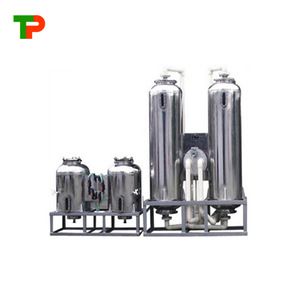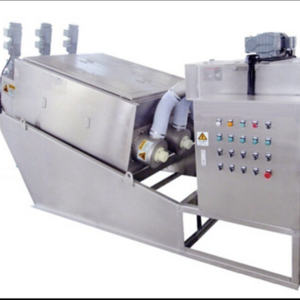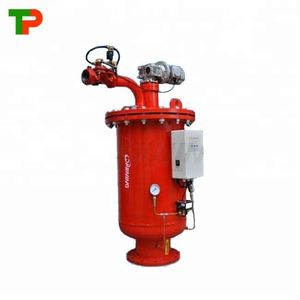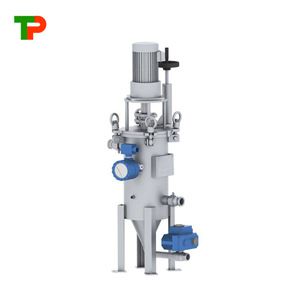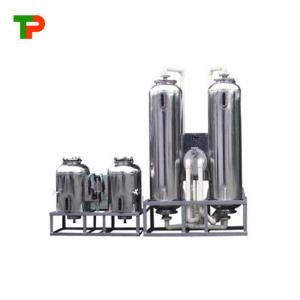Product Introduction
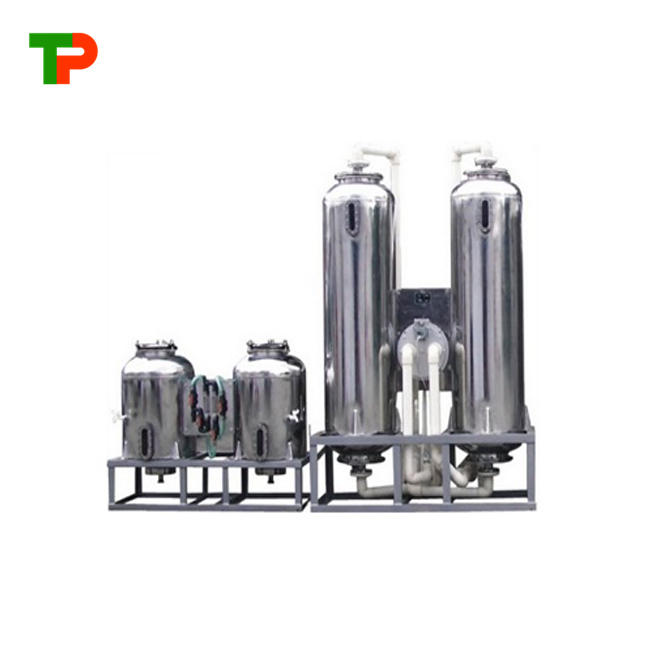
TPI series Ion Exchanger is mainly applicable to boilers, thermal power plants, chemical, textile, pharmaceutical, biological, electronics, and atomic energy industry, pure water pre-treatment, industrial water softening, and deionized water preparation, as well as decolorization and purification of foods and drugs, recycling of precious metals and chemical raw materials, and electroplating wastewater treatment, etc.
Working Principle
cation resin):
(H-R)+(M+) --> (M-R)+(H+)
(Anion resin) :
(OH-R)+(X-) --> (X-R)+(OH-)
In which M+ is metal ion, X- is anion, regeneration will be its reverse process.
The shell of anion exchange exchanger (column), or sodium ion exchanger, is usually made from steel-lined rubber. Anion exchanger refers to a system where water flows through an anion bed of anion exchange resins in hydroxylic form. The hydroxylic form anion bed is used to remove anions from the water. Mineral salts can be generally removed from the water via the anion exchanger. To achieve better desalination effect, anion bed usually contains strong base anion exchange resins.
Specifications
| Model No. | Capacity | Nominal Recovery | Nominal Salt Rejection | Working Pressure | Operating Temperature | Voltage | Weight(kg) | Size(mm*mm) |
| TPI-2 | 2T/H | 65-75% | 99.60% | 0.4mpa | 5-50ºC ( Design Temperature 25ºC) | 220V/380V/460V, 50-60Hz | 300 | Φ400×1850 |
| TPI-4 | 4T/H | 450 | Φ500×1850 | |||||
| TPI-6 | 6T/H | 480 | Φ600×1850 | |||||
| TPI-8 | 8T/H | 580 | Φ600×2300 | |||||
| TPI-10 | 10T/H | 600 | Φ800×1850 | |||||
| TPI-12 | 12T/H | 620 | Φ800×2300 | |||||
| TPI-14 | 14T/H | 750 | Φ1000×2100 | |||||
| TPI-16 | 16T/H | 800 | Φ1200×2300 |

 China
China